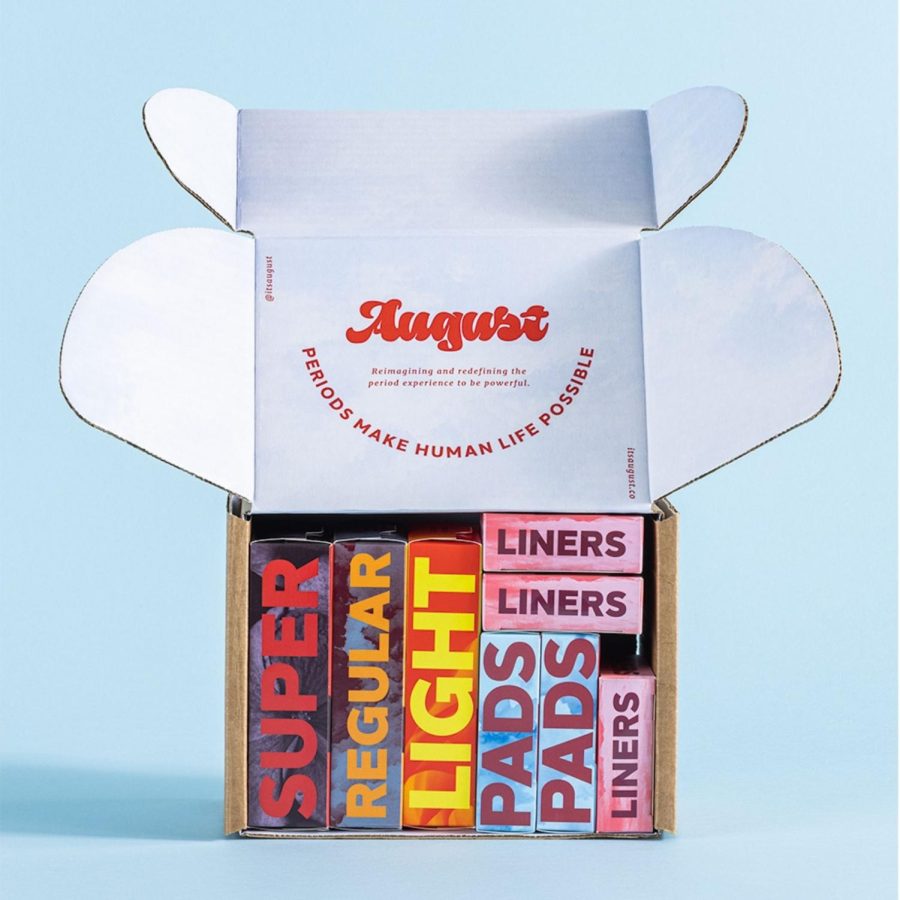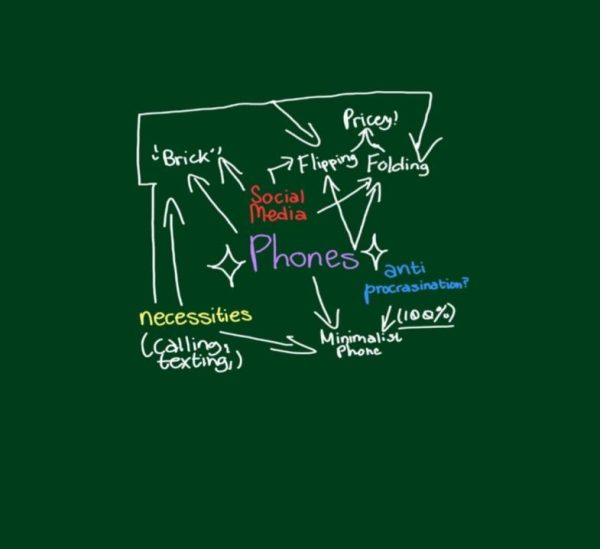Period Poverty
If you had to choose between buying menstrual products or food, which would you choose? Both are necessities but for many people, they are sometimes inaccessible. Period Poverty is the lack of access to period products and education. It is a global crisis but it is not being treated as such.
If you have never heard of the phrase “period poverty” before, you are not alone. When asked if she had ever heard of the phrase, Janelle Perez, a senior attending John W. North High School, replied, “No, I haven’t. The topic of period poverty is definitely not something that is talked about enough. I feel that especially as a woman, I should’ve known what it was. I can only imagine the miseducation of the mass population.”
The global crisis is not taken seriously and part of the reason is that period products are considered “luxury necessities” rather than basic human needs. Forty-five of the fifty states in the U.S. collect sales tax and products such as food and prescription medications are exempt from the tax due to them being considered necessities. Menstrual products such as pads, tampons, liners, cups, and discs are necessary for people with periods to be healthy and comfortable, yet they are not exempt from sales tax in the U.S.
The increasing prices and sales tax of menstrual products negatively affect the financial status and education of some women. A student attending our school unexpectedly began their period during class and had to go home early to acquire the products that they needed. The student missed out on valuable learning time because the bathrooms were not stocked with pads or tampons. Public schools carry the responsibility of tending to their student’s needs during school days. Schools provide food for their students because it is a necessity, so schools should also provide the necessity which is menstrual products.
Nicholl Stearns, a senior at J.W. North gave an example of a situation that might leave a person without access to the period products they need. Stearns said, “I think some people don’t have access to period products because of neglect, especially within households of single fathers or just parents who don’t want to pay and think of it as something that is not their problem.” Stearns makes a notable point! Due to the very prevalent embarrassment surrounding periods, it is common for parents, especially fathers, to feel uncomfortable when purchasing menstrual products for their children.
Janelle Perez stated, “Period products over the course of years have become more and more expensive, leaving the less expensive ones to be unhealthy, but affordable. The lack of period products can come from a lack of money or the lack of help.” According to Perez, some people are without the products they need because they don’t have enough money or support. Inflation also negatively affects women much more today, which is why it is so important that we address period poverty.
A common theme in America is that necessities such as food and hygiene products that are not the healthiest for humans or the planet tend to be more affordable and accessible than sustainable and safer products. Stearns mentioned the same idea during her interview stating “I, as a woman, do not understand why we have to pay for overpriced period products because the period products that are affordable are not good for your body. There are toxins in some tampons that can give you a UTI or other infections.” Without money, many people are left with no choice but to use dangerous low-quality products.
Period poverty is a global problem that is going to be difficult to fix. However, if John W. North High School provided free, high-quality menstrual products in all of the restrooms on campus, the problem would not be as prevalent at our school. If you are a student or staff member at JW North, you can help lessen the problem simply by bringing tampons and pads just in case a student is in need. Putting in the effort to support the young women at our school is exactly what we need to do.












